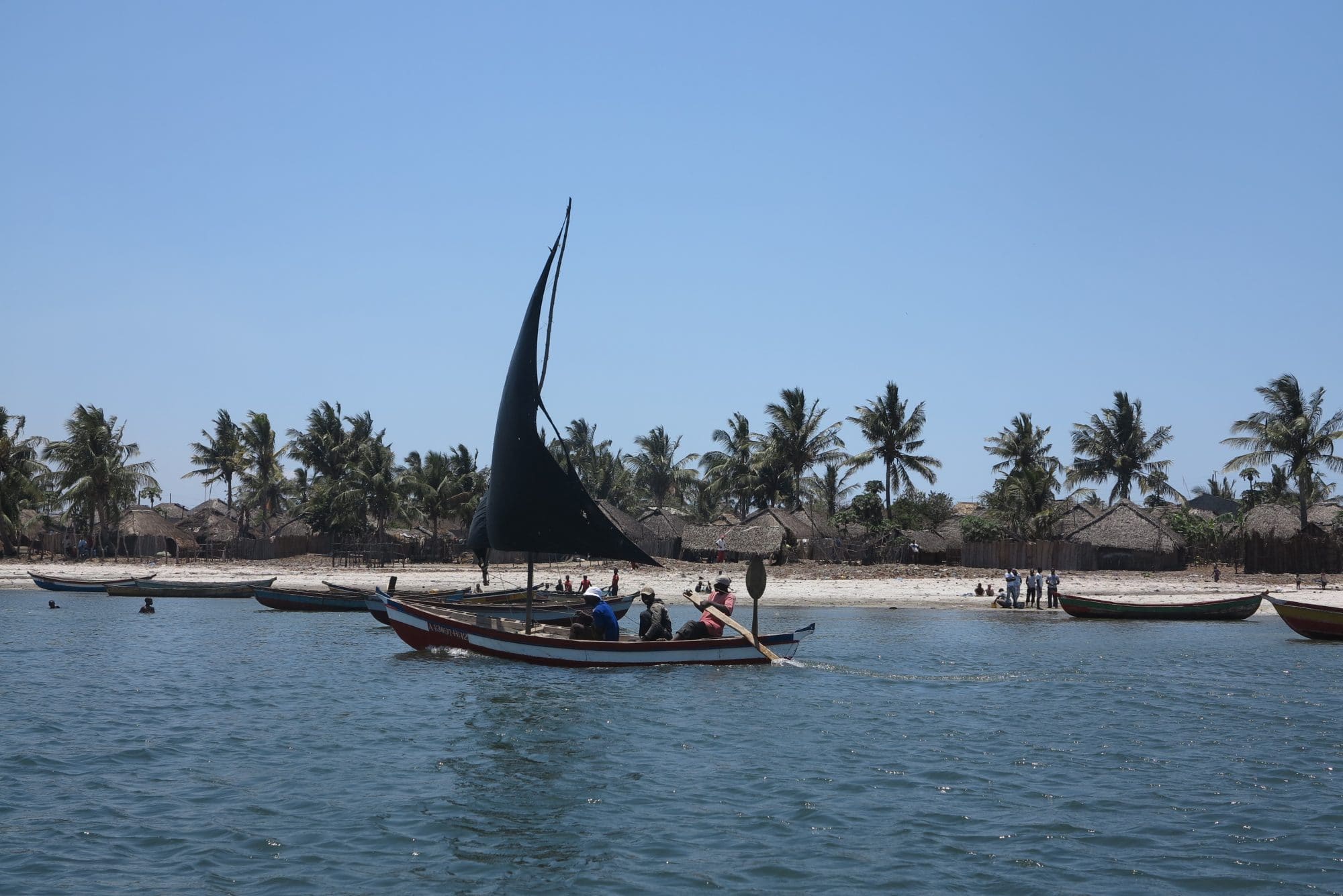Ranger Protects Natural Habitat in Mozambique
Pedro Charle grew up depending on the sea. Every day he would walk out to Praia Nova beach in the town of Angoche in northern Mozambique to look for work in hopes that he would earn enough to bring home food for his family. After many years working as a fisherman, Pedro decided to join the Conselho Comunitário de Pescas (Community Fishing Council), and it was there that he heard about the opportunity to become a ranger for the CARE-WWF Primeiras e Segundas (P&S) program.
After a comprehensive training by the P&S project officers, he was appointed by the community as a fiscal (ranger) to protect the marine resources on Puga-Puga Island. He said it was difficult at first to leave his five young children and wife at home while he spent two weeks patrolling on the island, but he realized the importance of the job at hand. “By defending our resources we are protecting what we have,” Pedro describes. Seven years later he is still proud of his decision to leave his fishing net in the hands of his family and go to work as a community ranger.
“When I was young we would only find turtle shells on this island,” Pedro described looking at the pristine beaches of Puga-Puga. “There were signs that many turtles had lived here, but they were being hunted by fishermen. They did not realize the importance of the turtles, but now the rangers are here to make the fishermen aware.” He said that the P&S training made him realize that overfishing was robbing the sea of the turtles, fish, and other animals that had been abundant when he was younger. “Today, many people’s life and income depend on the sea. There used to be a small number of fishermen but now the numbers are growing the beach is full of them.”
Pedro said that many people are leaving their farms and moving to the coast to fish.
“The land is tired. The weather is changing, the soil is changing, and it is hard to live as a farmer. So many people think that they will be able to support their families by fishing, but the fish are disappearing,” said Pedro
Pedro thinks that this is why the role of the rangers is so important. Educating others to conserve and defend the natural resources of the islands and coastline will hopefully preserve them for the future. “I like being a ranger because I have seen a change here.” Pedro proudly displays his monitoring and evaluation forms with notes describing dolphin sightings and two instances of turtles laying their eggs on Puga-Puga.
Although it is hard work living on remote islands and trying to persuade fishermen to change their habits, Pedro and his partner, Selemane Mukusurima, are happy to do it. Pedro points to a spot he marked with seashells showing where the turtle eggs lay under the sand.
“I want my children to have the opportunity to see what I have seen,” he said. “That is why I do the work that I do, so that my children will know how beautiful our world is.”


